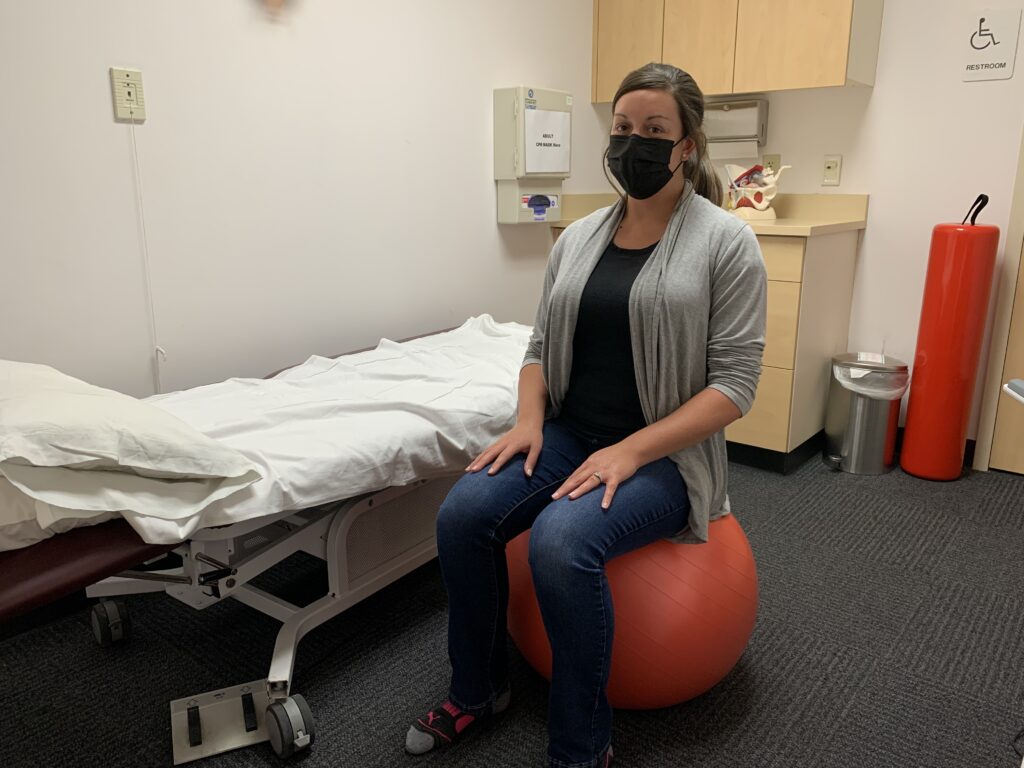Being told you have cancer can be overwhelming! Being told you have gynecological cancer can bring on additional fears and concerns — particularly because these aren’t areas we usually like to discuss. Gynecological cancers include cervical, ovarian, uterine/endometrial, vaginal and vulvar cancer. Treatments for these cancers vary but can include surgery, chemotherapy and radiation therapy.
Sexual health and general pelvic health may be affected by all of these treatments. Surgery may result in pelvic floor weakness or pain, while radiation can result in pelvic pain, changes in bowel habits, and tightening of tissues (vaginal stenosis). Some of these issues may be short-lived, but others may not show up until months after treatment has ended.
Research has shown that sexual health impacts can affect up to 80% of women following treatment for gynecological treatment. Clearly this is a huge problem, yet it is often not discussed openly because many women believe it’s just a consequence of their cancer or they’re not comfortable bringing it up with their healthcare provider. Some of the most common issues include painful intercourse, lack of arousal, and fear of even attempting to have sex. It’s important women know that help is available. Pelvic health physical therapy has been around for years, and Woman’s has numerous therapists with specialized training in treating these issues through conservative means such as biofeedback, manual therapy, and education.
 Unfortunately, Christy understands those side effects all too well. After being diagnosed with GYN cancer and undergoing surgery, she began to experience pain during intercourse. Thanks to pelvic floor therapy Christy is now able to enjoy pain free intercourse with her husband again.
Unfortunately, Christy understands those side effects all too well. After being diagnosed with GYN cancer and undergoing surgery, she began to experience pain during intercourse. Thanks to pelvic floor therapy Christy is now able to enjoy pain free intercourse with her husband again.
“I am so happy that I finally did pelvic floor therapy,” Christy said. “I would tell someone that I was afraid too, but I wish I would not have not waited and done treatment right after surgery.”
Even if return to sex is not at the top of your goal list, it’s important to address overall pelvic health. This includes addressing possible changes in bowel or bladder habits, incontinence, and general pelvic pain. Numerous studies have shown that women who have been treated for gynecological cancers have a higher rate of urinary and fecal leakage following treatments. This is often the result of weakening of the pelvic floor or changes in bowel habits due to chemotherapy or radiation. Unfortunately, this is another sensitive topic and many patients are hesitant to bring up to their team of physicians. One of Woman’s goals is to ensure women are aware they are not alone in this and that there are numerous treatment options available for these conditions. Very often, it only takes a few treatment sessions to see improvement.
It’s important to be open with your oncology team about any concerns you have or issues you may be experiencing! Woman’s Cancer Rehab program was designed specifically to address the needs of women living with and going through treatment for breast and gynecological cancers. Our team of clinicians has specialized training to assess, treat and anticipate problems that may arise. They have years of experience in having these conversations and treatments are far less awkward and uncomfortable than you could imagine. If GYN cancer is affecting your sexual or pelvic health visit our website or call 225-924-8766 for more information.

